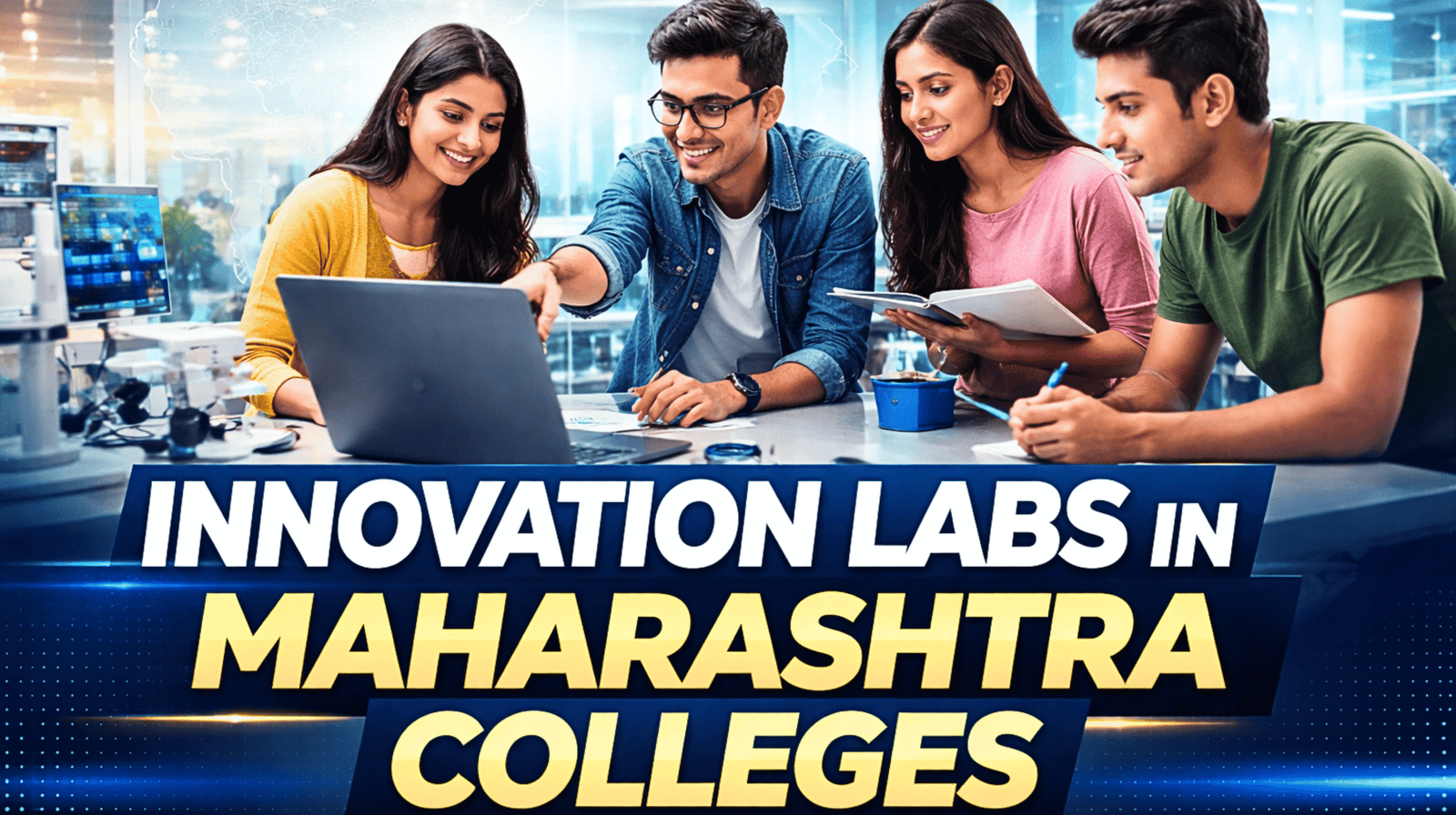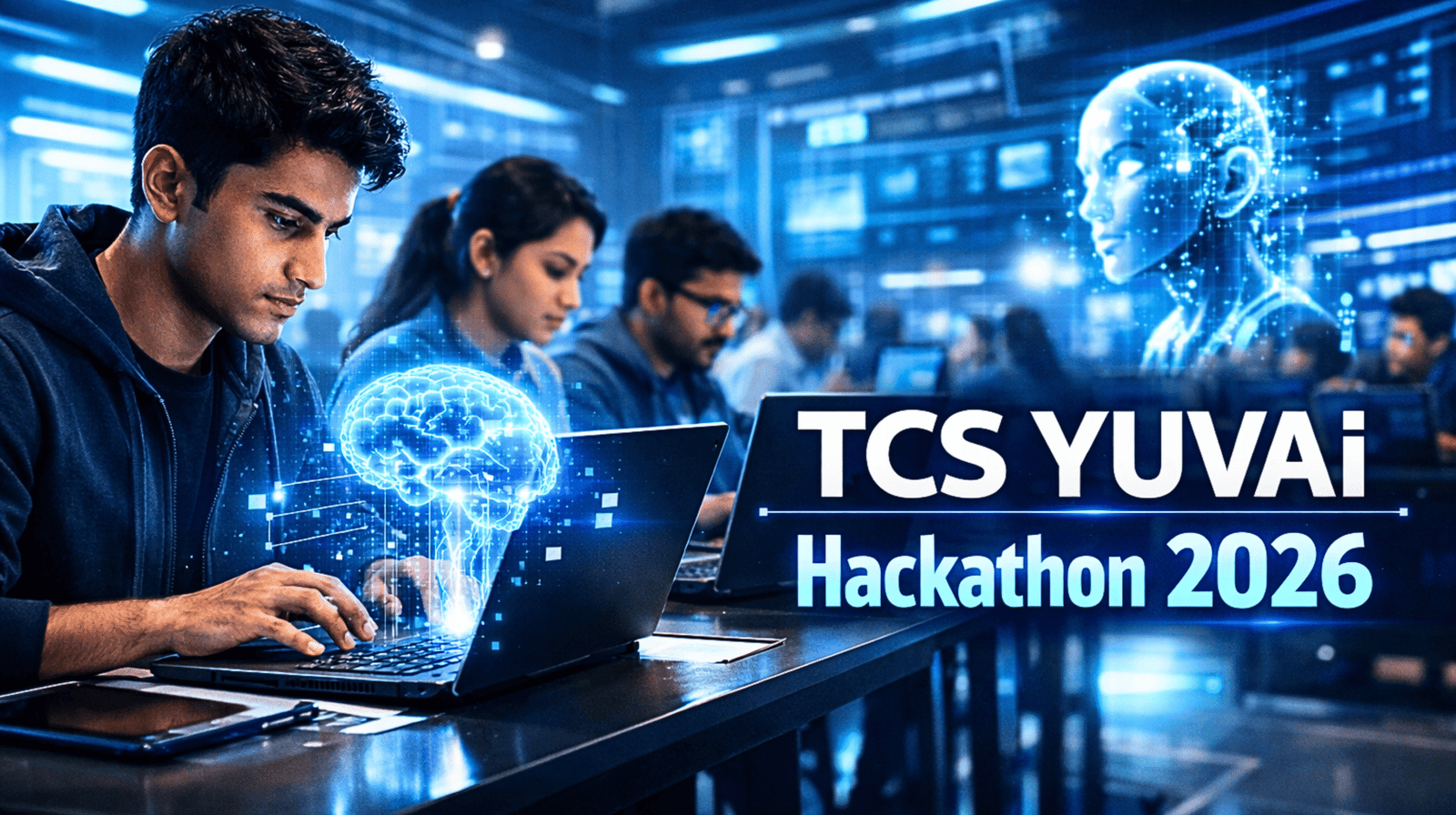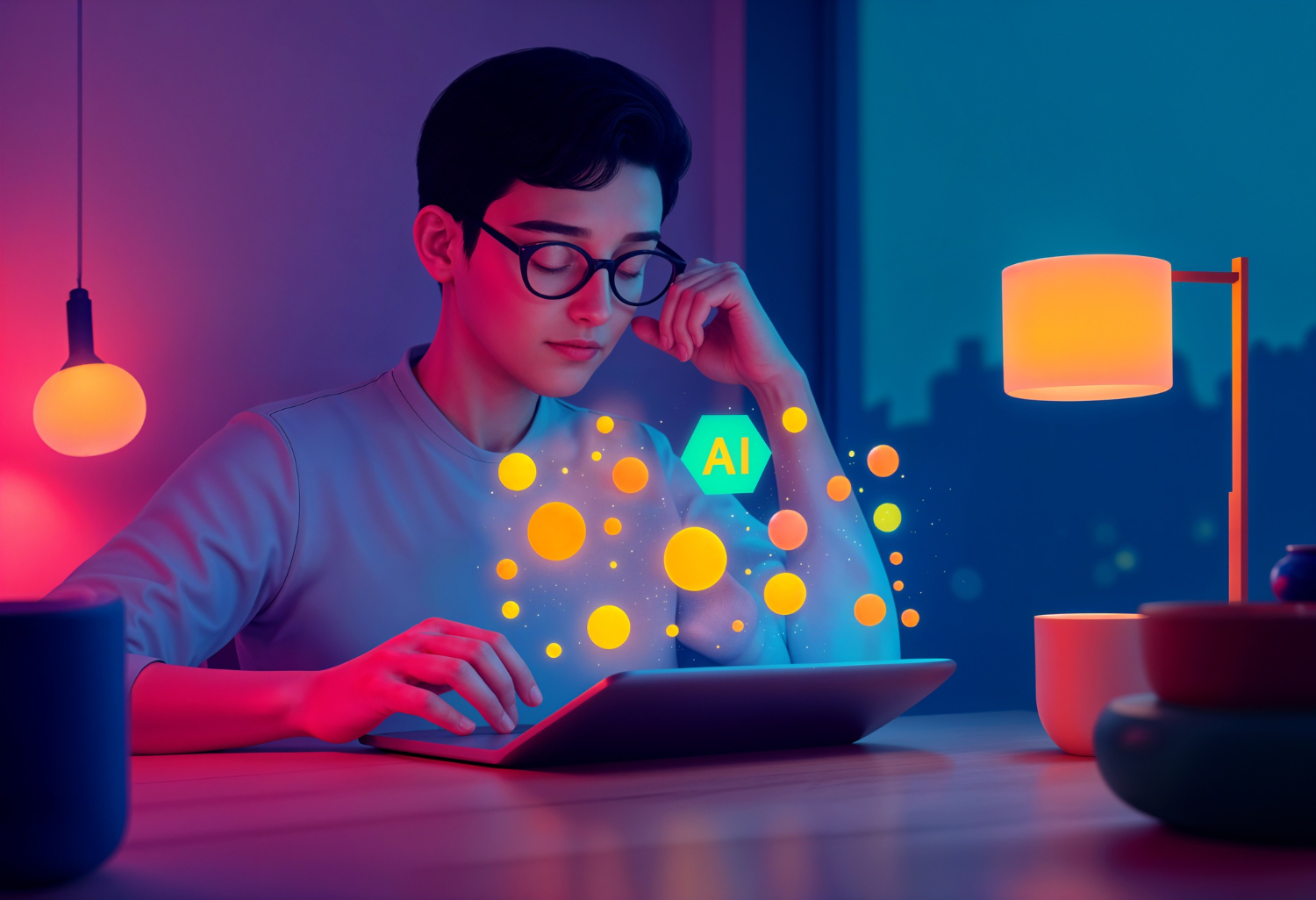In the digital age, education and career development are undergoing a massive transformation, thanks to the rise of AI-powered personalized learning. Traditional learning models—often rigid and one-size-fits-all—are being replaced by adaptive systems that tailor content, pace, and style to individual learners’ needs. As AI technologies continue to evolve, they are becoming essential tools in shaping the future of both education and workforce development.
What Is AI-Powered Personalized Learning?
AI-powered personalized learning refers to the use of artificial intelligence to deliver customized educational experiences. Unlike conventional classrooms, where teaching is uniform, AI systems analyze a learner’s strengths, weaknesses, preferences, and behavior in real time to provide targeted content and feedback. This enables learners to progress at their own pace, reinforce weak areas, and develop skills that match their career goals.
How It Works
AI systems gather and process vast amounts of data from students’ interactions—quiz results, reading patterns, time spent on activities, etc.—to adapt the learning path dynamically. Some key technologies include:
- Machine Learning Algorithms: Predict learning outcomes and suggest improvements.
- Natural Language Processing (NLP): Enables chatbots and virtual tutors to assist learners with instant support.
- Learning Analytics: Tracks performance metrics to help educators and learners adjust strategies.
Benefits of AI in Education and Career Development
1. Personalized Learning Paths
AI tailors content delivery to match individual learning styles, helping students grasp concepts faster and retain information better.
2. Real-Time Feedback and Support
Students can receive instant evaluations and support through intelligent tutoring systems, making learning more interactive and less dependent on human instructors.
3. Accessibility and Inclusivity
AI platforms can provide adaptive technologies for learners with disabilities or those from under-resourced areas, bridging the digital divide.
4. Career-Focused Learning
By analyzing labor market trends and aligning them with individual aptitudes, AI can suggest career paths and upskilling opportunities tailored to future job markets.
5. Continuous Learning
In the modern workplace, learning never stops. AI helps professionals keep their skills up-to-date through microlearning modules and on-demand training suited to their job roles.
Real-World Applications
- Khan Academy and Coursera use AI to recommend courses and exercises based on learner performance.
- Duolingo employs machine learning to adapt language lessons to user progress.
- LinkedIn Learning uses AI to suggest career development courses aligned with professional goals and industry trends.
Challenges and Ethical Considerations
Despite its benefits, AI in education raises important questions:
- Data Privacy: How is student data collected, stored, and used?
- Bias and Fairness: Are algorithms treating all learners equally?
- Equity of Access: Do all learners have equal access to AI-powered tools?
Educational institutions and tech developers must address these concerns to ensure ethical and effective AI deployment.
The Future of Learning
The integration of AI into education and career development is still evolving. With advances in generative AI, predictive analytics, and virtual reality, the future promises even more immersive and effective learning experiences. For students and professionals alike, AI offers a lifelong learning partner, helping them grow and adapt in an ever-changing world.
Resources
- World Economic Forum – Future of Jobs Report
- EDUCAUSE – Artificial Intelligence in Education
- UNESCO – AI and Education
Disclaimer
This blog post is for informational purposes only. While AI has shown significant potential in personalized learning, its effectiveness can vary based on implementation and individual learning needs. Users should consult with educators or career counselors before making significant educational or career decisions based on AI-powered tools.









